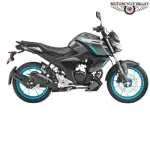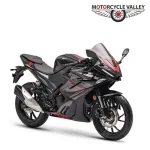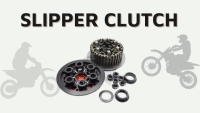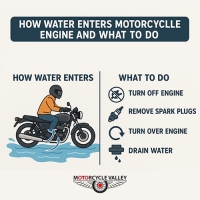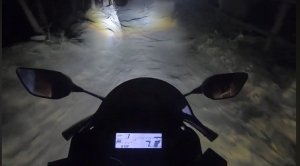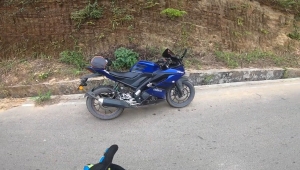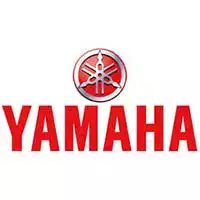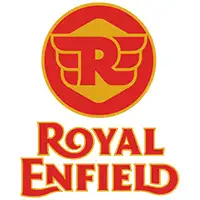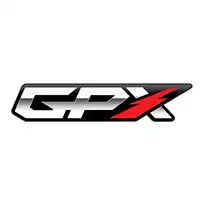What Is ECU in a Motorcycle? (Engine Control Unit Explained)
What Is ECU in a Motorcycle? (Engine Control Unit Explained)
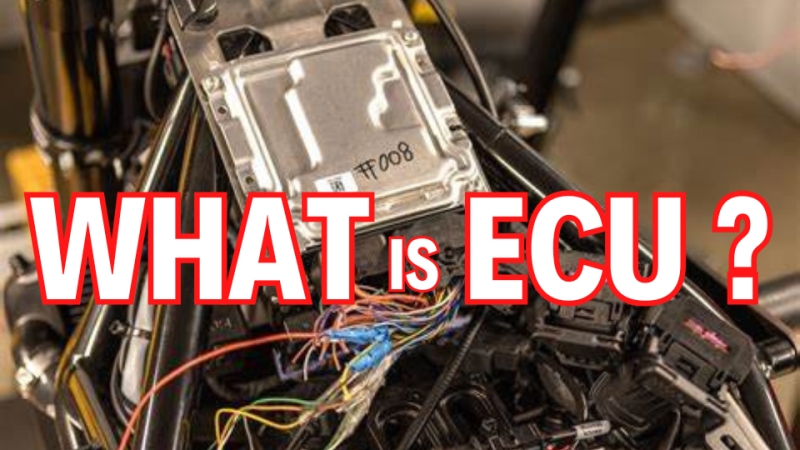
The ECU, or Engine Control Unit, is an electronic device that controls and manages various engine functions of a motorcycle. It is one of the most important components of modern motorcycles, especially those equipped with Fuel Injection (FI) technology.
Simply put, the ECU acts as the “brain” of the motorcycle, collecting information from different sensors and adjusting engine parameters to ensure optimal performance and fuel efficiency.

How Does a Motorcycle ECU Work?
The ECU works by collecting data from various sensors installed in the bike and processing that information to make real-time adjustments.
For example, when you twist the throttle, the Throttle Position Sensor (TPS) sends a signal to the ECU, indicating how much fuel is needed. The ECU then controls the fuel injectors accordingly to deliver the right air-fuel mixture into the engine.
Main Functions of the ECU
1. Ensures the correct amount of fuel is supplied to the engine.
2. Controls ignition timing for efficient combustion.
3. Adjusts engine operation based on temperature and riding conditions.
4. Improves fuel economy and overall engine performance.
5. Provides check engine light signals and diagnostic codes when issues occur
What Happens When the ECU Fails?
If the ECU malfunctions, the motorcycle’s performance and functionality can be severely affected. Common symptoms include:
• Difficulty starting the engine.
• Noticeable drop in performance.
• Increased fuel consumption.
• The check engine light turns on.
Can the ECU Be Replaced or Reprogrammed?
Yes, in many motorcycles, the ECU can be reprogrammed or remapped to optimize performance, improve throttle response, or adjust fuel efficiency.
However, ECU remapping should always be done by a professional or experienced technician, as improper tuning can damage the engine or void the manufacturer’s warranty.
Is this tips helpful?
New Added Bikes
Bike Tips
Rust in bike fuel tanks is a common problem, especially in humid climates or when the bike is not used for a long time. Detailed...
English BanglaThe ECU, or Engine Control Unit, is an electronic device that controls and manages various engine functions of a motorcycle. It ...
English BanglaOne of the most in-demand features in modern motorcycles is the Slipper Clutch.A Slipper Clutch is a special type of clutch syst...
English BanglaDue to ongoing heavy rainfall, floods, and water logging in various parts of the country, there is a significant risk of water...
English BanglaIf you ride a bike, regular maintenance is a must—but during the monsoon, it requires extra care and attention. Rain, mud, a...
English Bangla




